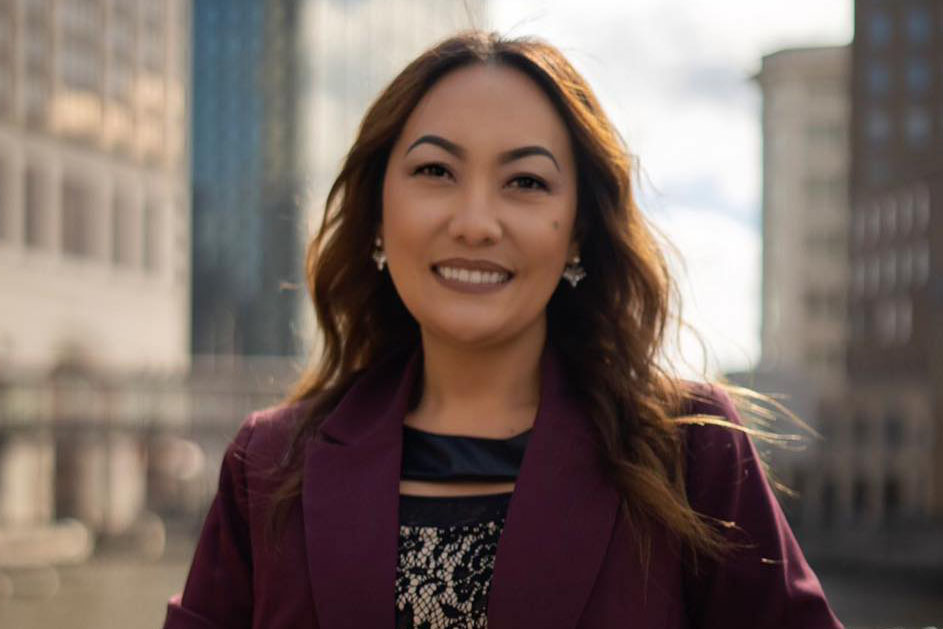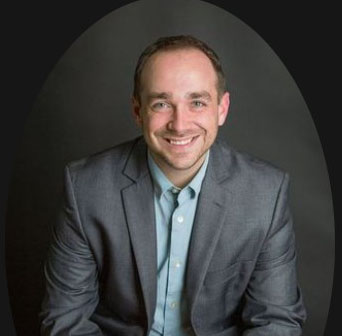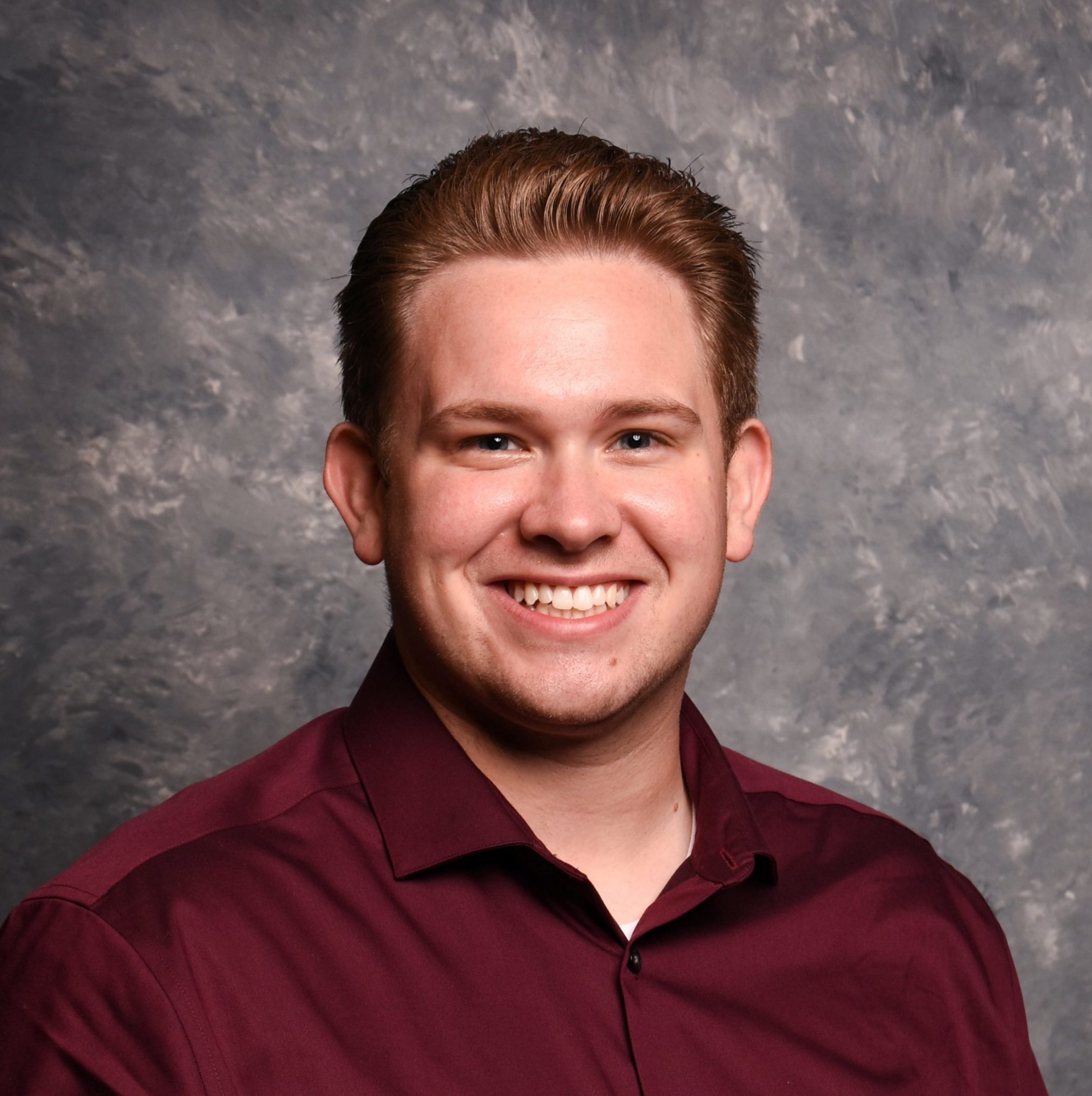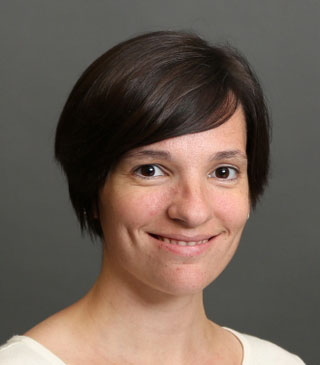Tax crunch is a constant for Milwaukee litigator
By: Jack Zemlicka, [email protected]//April 13, 2012//
Tax crunch is a constant for Milwaukee litigator
By: Jack Zemlicka, [email protected]//April 13, 2012//
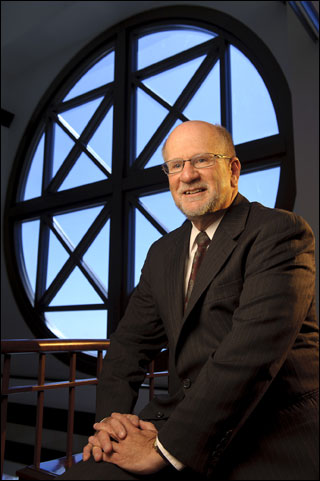
Tax time never ends for Michael Best & Friedrich attorney Robert Gordon.
A tax litigator with 37 years in the industry, Gordon joined the firm’s Milwaukee office in 2003 and handles tax controversies, property taxation of commercial, industrial, utility, and special use manufacturing properties, and property tax exemptions.
Tuesday’s looming tax deadline doesn’t bother him, though.
“Tax lawyers don’t really do returns,” Gordon, 62, said. “But people are always catching up to me and saying, ‘Boy you must be so busy now.’”
Early in the Brooklyn native’s career, however, the annual tax deadline could be a tricky time. As a trial attorney for the Tax Division of the U.S. Department of Justice defending cases for the Internal Revenue Service, Gordon was at the mercy of judges around the April deadline.
“If you had a federal judge who did not like the position you were taking and wanted to stick it to you for either not settling or something like that,” he said, “they would schedule a jury trial to start on April 15 figuring there is nobody that is ever going to decide in favor of the IRS on April 15.”
Now the University of Wisconsin Law School graduate serves as chairman of the State Bar of Wisconsin’s Taxation Section and a member of the American Property Tax Counsel.
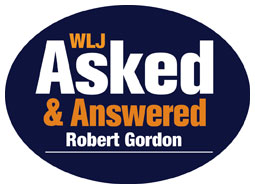 Wisconsin Law Journal: If you could develop one CLE course for credit, what would it be about?
Wisconsin Law Journal: If you could develop one CLE course for credit, what would it be about?
Robert Gordon: Analyzing the trials in high-profile historic cases such as the Rosenbergs and Alger Hiss. It would be fascinating to study the larger historic aspects playing out in the context of the mundane strategic and tactical decisions we make every day as lawyers. I have a personal interest in this topic since my father was on the jury panel, but was not ultimately selected for the jury, in the Lindbergh kidnapping trial.
WLJ: What was your least favorite course in law school and why?
Gordon: Contracts. The course was certainly well taught, but I somehow could never get my head out of the 15th Century and make it seem relevant or interesting.
WLJ: What do you consider your biggest achievement to date and why?
Gordon: Personally, watching my children grow into wonderful, successful adults, and if you have to ask why, you are not a parent. Professionally, nothing comes close, but in recent years I would go with the thrill and challenge of three recent Wisconsin Supreme Court arguments within a six-month period.
WLJ: What is the one luxury item you cannot live without?
Gordon: The paper edition of the New York Times arriving on my doorstep every morning. It is low tech, and most mornings I have read most of it online anyway, but the comfort of seeing and touching the familiar typeface and layout cannot be matched by any electronic device.
WLJ: What do you miss most about your childhood?
Gordon: Besides the obvious – my parents, grandparents and extended family – I miss the security of living and growing up in an era where everything was safe and children could go essentially anywhere. I was allowed to start traveling on the New York subway by myself when I was 11, which sounds horrifying and reckless today but was completely normal and unremarkable at the time.
WLJ: What is the first concert you went to?
Gordon: The New York Philharmonic at Carnegie Hall, with a ticket I got for answering a question right in a junior high school music class. It turned out the ticket was free for a reason since it was in the very front row, so I had to crane my neck and I could hardly hear or see anything.
WLJ: If you could trade places with someone for a day, who would it be and why?
Gordon: The obvious answer would be the president, just to experience the access and the incomprehensible pressure, but I think I would trade with Pavarotti in his prime, just to be able to sing with such power for a day. And of course I would insist on making the switch on a performance day to make sure I could have hundreds of people wildly applauding and cheering every time I opened my mouth and sang.
WLJ: What is your motto?
Gordon: ‘Derech Eretz,’ a Hebrew expression that is on my license plates, which literally means the way of the land, but is understood to mean acting principled and ethical in dealings with others and always doing the right thing.
WLJ: If you could be a superhero, who would you be and why?
Gordon: Superman. I guess I should think noble thoughts about using my powers to help people, but actually I just think it would be cool to fly and carry people and things anywhere I wanted.
WLJ: If you hadn’t become a lawyer, what career would you have chosen?
Gordon: I received a computer science degree back in the punch-card era and then decided computers were not very exciting and were not going anywhere, so I went to law school. I think of that decision every time I see another 20-year-old billionaire.
Legal News
- Former law enforcement praise state’s response brief in Steven Avery case
- Eric Toney announces re-election bid for Fond du Lac County District Attorney
- Former Wisconsin Democratic Rep. Peter Barca announces new bid for Congress
- Republicans file lawsuit challenging Evers’s partial vetoes to literacy bill
- More human remains believed those of missing woman wash up on Milwaukee Co. beach
- Vice President Harris returning to Wisconsin for third visit this year
- Wisconsin joins Feds, dozens of states to hold airlines accountable for bad behavior
- Trump ahead of Biden in new Marquette poll
- Bankruptcy court approves Milwaukee Marriott Downtown ‘business as usual’ motion
- New Crime Gun Intelligence Center to launch in Chicago
- Arrest warrant proposed for Minocqua Brewing owner who filed Lawsuit against Town of Minocqua
- Wisconsin Supreme Court justices question how much power Legislature should have
WLJ People
- Power 30 Personal Injury Attorneys – Russell Nicolet
- Power 30 Personal Injury Attorneys – Benjamin Nicolet
- Power 30 Personal Injury Attorneys – Dustin T. Woehl
- Power 30 Personal Injury Attorneys – Katherine Metzger
- Power 30 Personal Injury Attorneys – Joseph Ryan
- Power 30 Personal Injury Attorneys – James M. Ryan
- Power 30 Personal Injury Attorneys – Dana Wachs
- Power 30 Personal Injury Attorneys – Mark L. Thomsen
- Power 30 Personal Injury Attorneys – Matthew Lein
- Power 30 Personal Injury Attorneys – Jeffrey A. Pitman
- Power 30 Personal Injury Attorneys – William Pemberton
- Power 30 Personal Injury Attorneys – Howard S. Sicula






